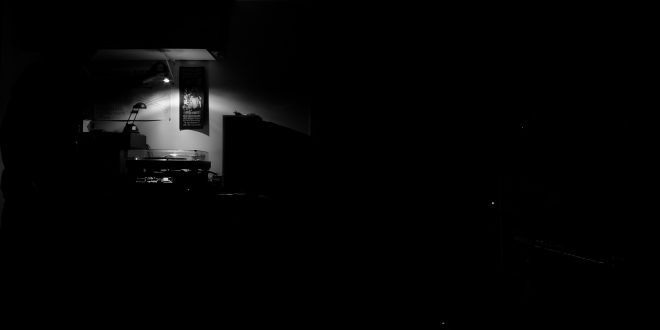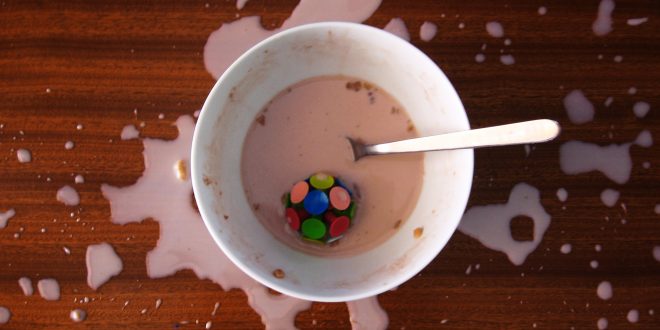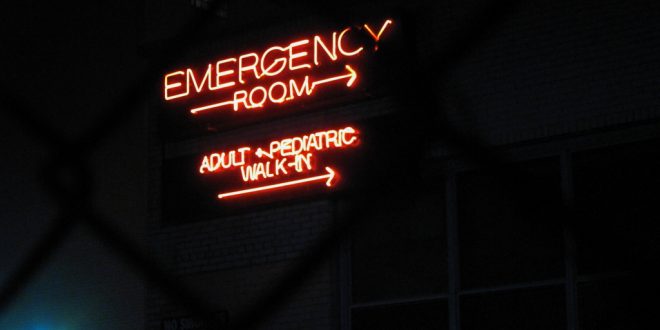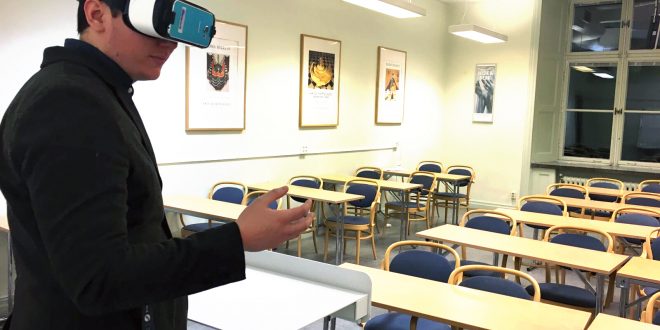60% of patients with depression are attended in the Spanish Primary Care. Nevertheless, half of them, approximately, show low adherence to medication and psychotherapy presents difficulties in delivering interventions to the community because the lack of time and specialized resources. For these reasons, online interventions offer a valuable alternative to …
Read More »
 Cognitive Behaviour Therapy A peer reviewed, multidisciplinary journal devoted to the application of behavioural and cognitive sciences to clinical psychology and psychotherapy.
Cognitive Behaviour Therapy A peer reviewed, multidisciplinary journal devoted to the application of behavioural and cognitive sciences to clinical psychology and psychotherapy.













